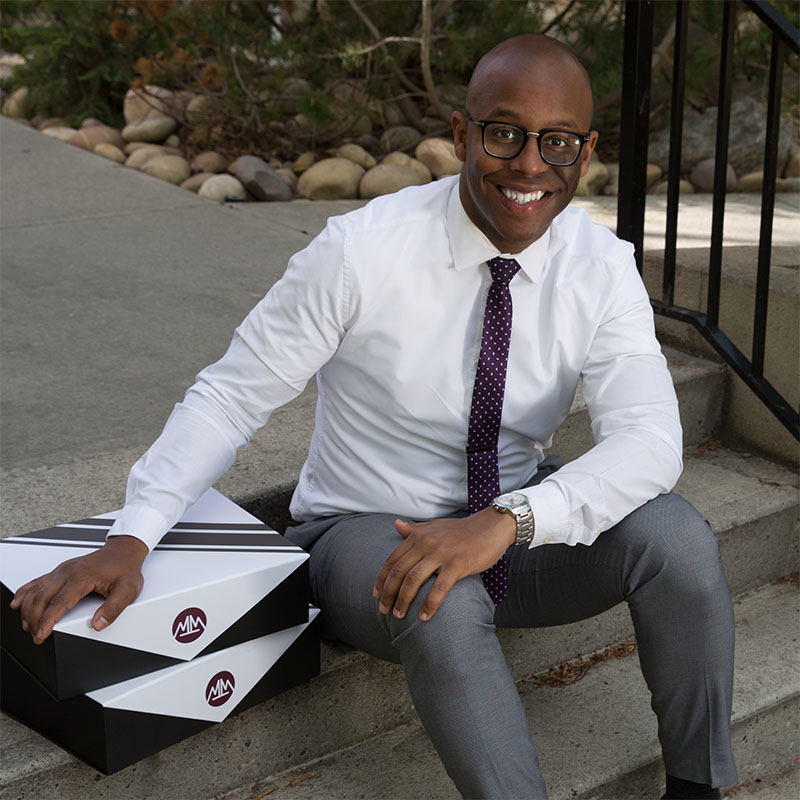As I look back on several of the decisions I have made in my life, trivial as many of them may be, I reflect on why I made those decisions. What were the factors that lead to me pick option A or B? The themes that surfaced for me were based on cost, experience, and want/need. Other themes for you might be convenience, priority, impulse or to simply flex. Whatever the themes were for you in your life, we can agree that a “choice” needed to be made.
The act of making a choice is a universal human experience; however, the act of choosing, of weighing, valuing, and prioritizing themes is often personal experience. What leads us to value and prioritize the themes that influence our choices? I would say that environmental and life circumstances have helped to guide many of the decisions I’ve made in my life. I moved to Canada because I was looking for a change in environment and life circumstances granted me the flexibility to move to a foreign place. My environment at the time also taught me to embrace new experiences and be comfortable with ambiguity.
So I began to think about my willingness to change or convert. Now, I am not talking about ‘converting’ in a religious or biological context. I am simply talking about my openness to new perspective and thought. The word “convert” literally means “to bring over from one belief, view or party, to another.” I know as I get older, I become more and more stuck in my ways and resistant to change. Ask anyone close to me…I will debate you; trying to convince you that my way is the right way. The older I got the more stubborn I became. I often wondered if that trait was limiting me. I told myself I needed to challenge myself and untrain those behaviors, but how?
By no means am I saying I figured this out, or that I am perfect. I am only saying that I want to continue to learn and make myself uncomfortable. I am learning to listen more first, analyze how I feel and take in a new experience without feeling compelled to provide input. Basically, to be a sponge. The value of those practices alone helps me challenge my own beliefs. I am able to think about things more critically and better understand strategy around situations, tasks, or projects. It’s not about me! It is about understanding the bigger picture. Sometimes the bigger picture aligns with your view other times, it won’t.
But what does this have to do with business development strategy you may be wondering? For me, converting clients to new meaningful business relationships is about understanding their perspectives. Essentially, taking a look at your strategy for them, from their point of view. Does it appear to have a focus on you or does it make your client the star? Does your proposal reflect your client’s need or does it shine the light on you and your organization?
You can’t expect to attract a new prospect if you haven’t shared the world from their perspective. I mentioned earlier that cost, experience, and want/need, drive a lot of my decision making. Your prospects will view the world from a very similar lens. Any strategy you make will want to have a blend of all the themes they value. They want to see themselves reflected in your work. It is important to regularly remind yourself that ‘it isn’t about you’. It is about creating a custom experience or a Moment By Morrel for them, where they are able to see your point of view because it aligns so closely to theirs. In turn, seeing the value of working with you (and sharing your name to countless others).
